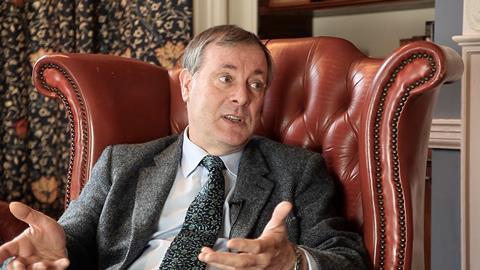How can our individual stories find new meaning and significance from Christianity’s “grand story”? In what ways did Lewis tell the Christian story? And what can we learn from this? How do we share our own story? Professor Alister McGrath explores how we can use Lewis as a resource for our Christian life and looks at some of Lewis’ favourite stories, including The Pilgrim’s Regress.
To find out more about virtual attendance / streaming for The Undiscovered CS Lewis Conference on 5th-8th September: https://georgefoxuniversity.regfox.com/cs-lewis-conference-virtual-attendance
+ Subscribe to The CS Lewis podcast: https://pod.link/1560959545
+ For more shows, free ebook and newsletter visit our new website
+ For online learning https://www.premierunbelievable.com/training
+ For our Premier Unbelievable? Live events
+ Support the podcast from the USA
+ Support the podcast from UK and rest of the world























